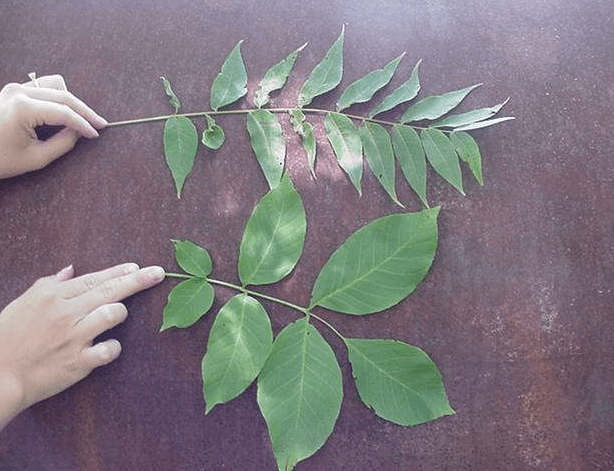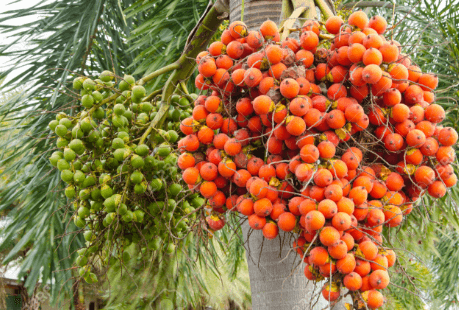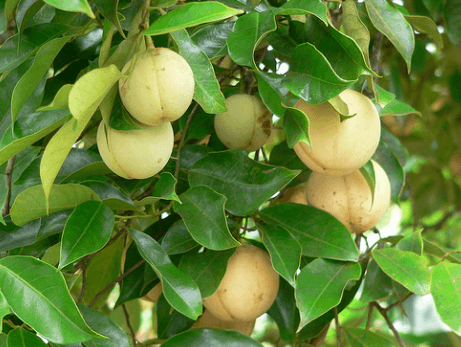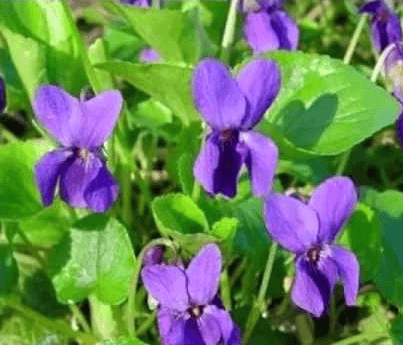In anaemia there is a low state of the blood. The number of red corpuscles is decreased.
One hears of iron-deficiency enaemia. Iron alone cannot help anaemia. It has been found that if the diet is deficient in vitamin C long enough, anaemia will result. Iron need vitamin C in its process of absorption. Along with an iron and vitamin C deficiency, a deficiency in copper, manganese, cobalt and magnesium can cause anaemia. These minerals are especially necessary in hemoglobin formation.
Synthetic vitamin C is not effective in treating anaemia. Only natural vitamin C as found in rosehips, containing other factors necessary to the effective functioning of vitamin C is useful in treating anaemia as well as other vitamin C deficiency diseases.
Alterative botanicals were long used in cases of impoverished blood. Alterative is an obsolete term also called blood purifiers. What they really do is restore to the body such elements as are necessary to a healthy bloodstream. A healthy blood stream largely determines the power of resistance to disease Botanic alternatives contain a variety of ingredients known today as trace minerals which are not always found in the foods we eat.
A combination of Rocky Mountain grape root, butternut bark and marshmallow root is a good alternative. Alterative botanicals long used in cases of impoverished blood are dandelion root, yellow dock root yarrow, wild cherry bark, comfrey and red raspberry leaves.
Black walnut leaves are especially good to restore the red corpuscles and iron compounds. They are the best blood builders. The green pigment in the leaves (chlorophyll) is rich in iron. Chlorophyll is similar chemically to the non – protein portion of hemoglobin



